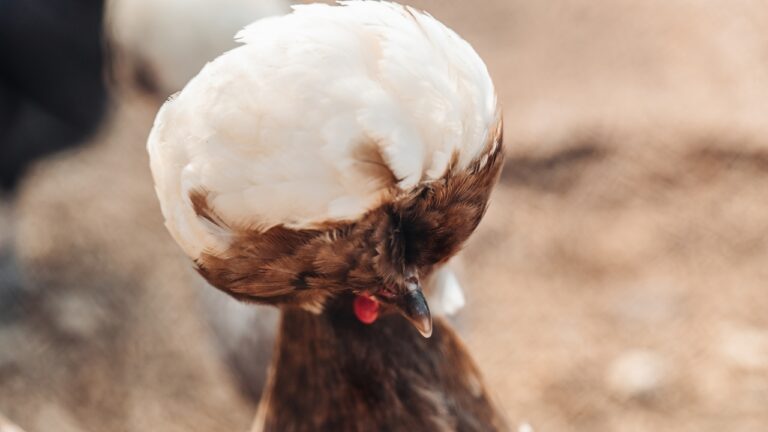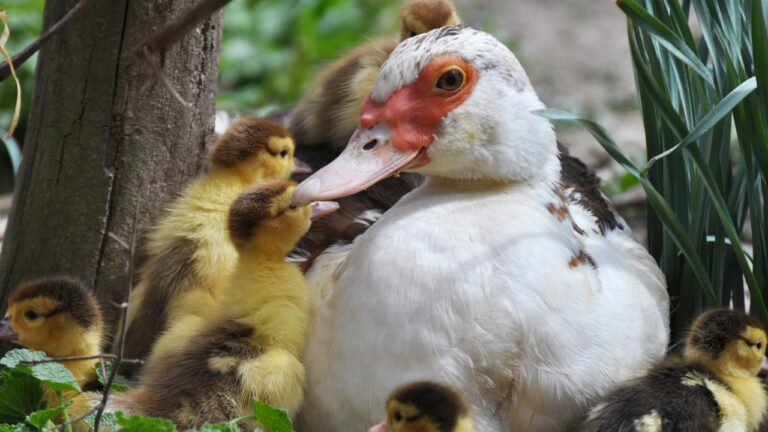7 Livestock Breeds That Don’t Fit Our Texas Climate
Raising livestock in Texas comes with its own challenges. Between the scorching summers, unpredictable winters, and wide-open land, not every breed is going to thrive here—no matter how popular it is somewhere else.
Some animals just aren’t built for the heat, the terrain, or the limited forage during dry spells. If you’re planning to build a herd that actually holds up in Texas, here are the breeds you’re better off skipping.
Scottish Highland Cattle
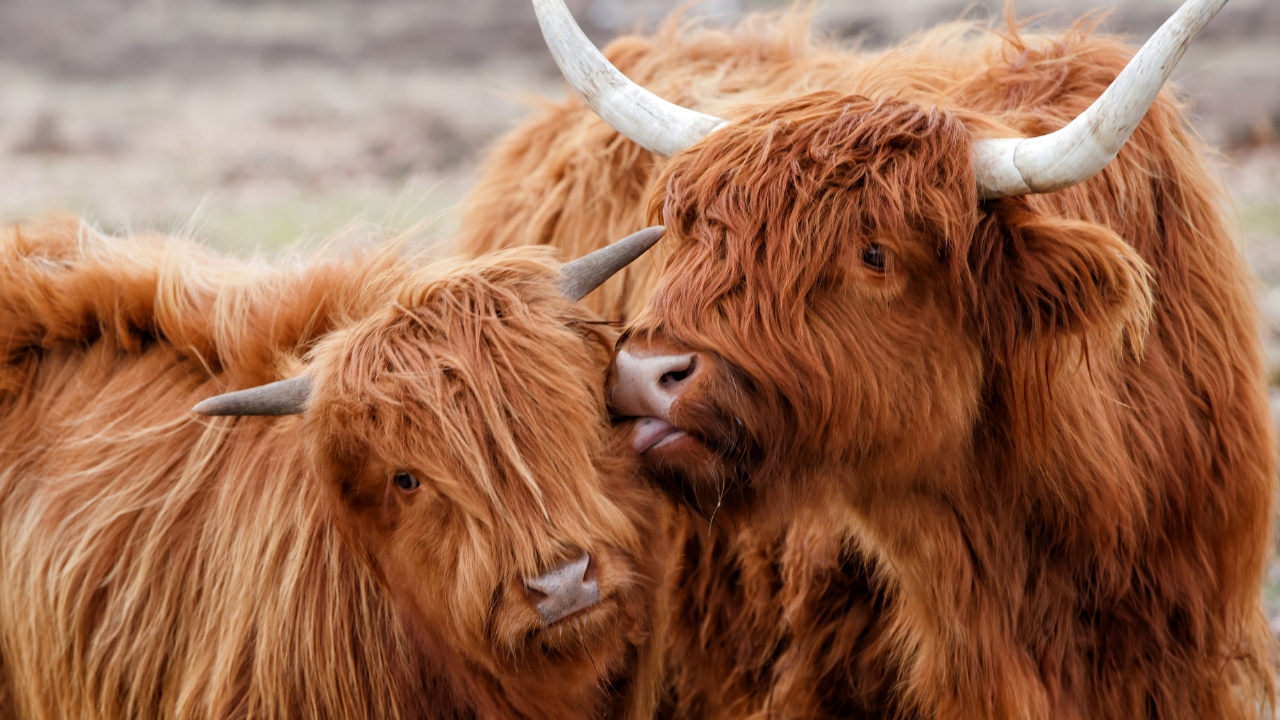
Scottish Highlands are known for their long, shaggy coats, which makes them better suited for cooler climates. In Texas heat, all that hair turns into a liability. These cattle can overheat fast, even with shade and water.
They also don’t handle humidity well, which adds to the stress on their bodies. While they might look impressive, they’re not a practical choice for most Texas ranches unless you’re in one of the rare cooler pockets of the state.
American Guinea Hogs
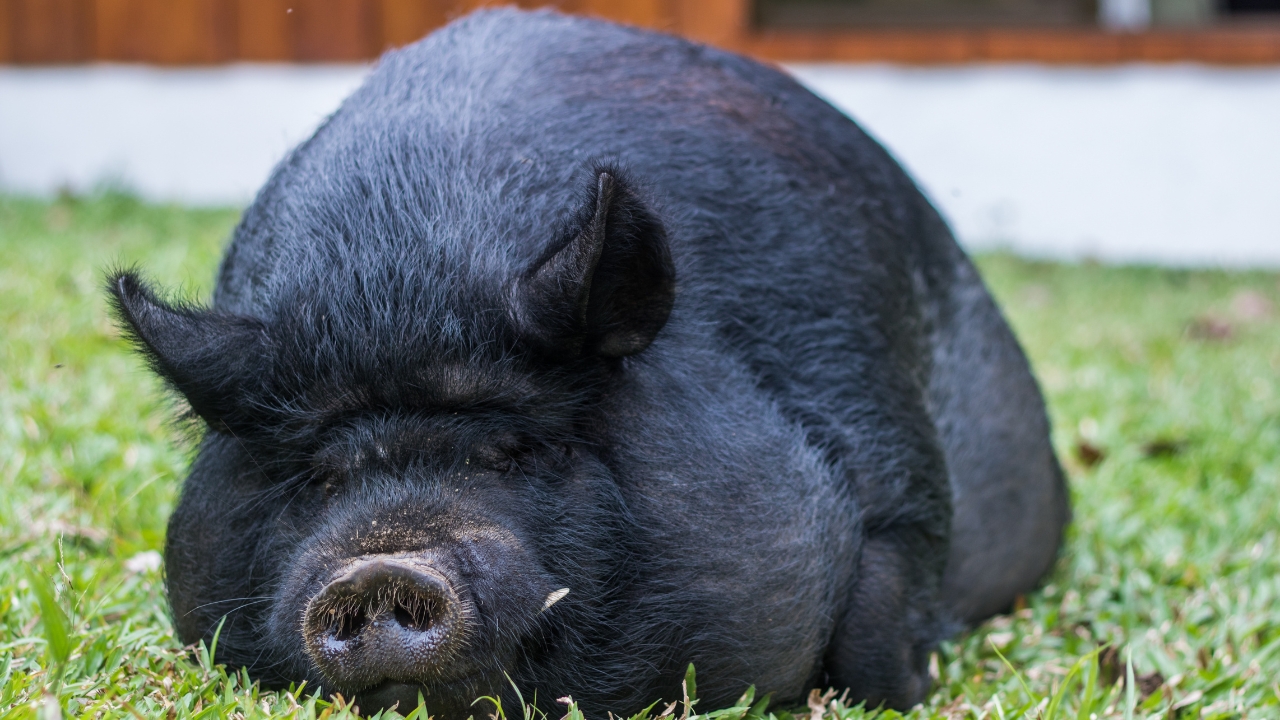
American Guinea Hogs are small and hardy, but their dark, dense coats make them struggle in hot climates. They overheat more easily than lighter-coated breeds and often don’t graze as effectively once temperatures spike.
They also tend to root heavily, which can destroy dry pastures during the summer. If you don’t have a shaded wallow or constant access to cool mud and fresh water, these pigs can go downhill fast in a Texas summer.
Angora Goats
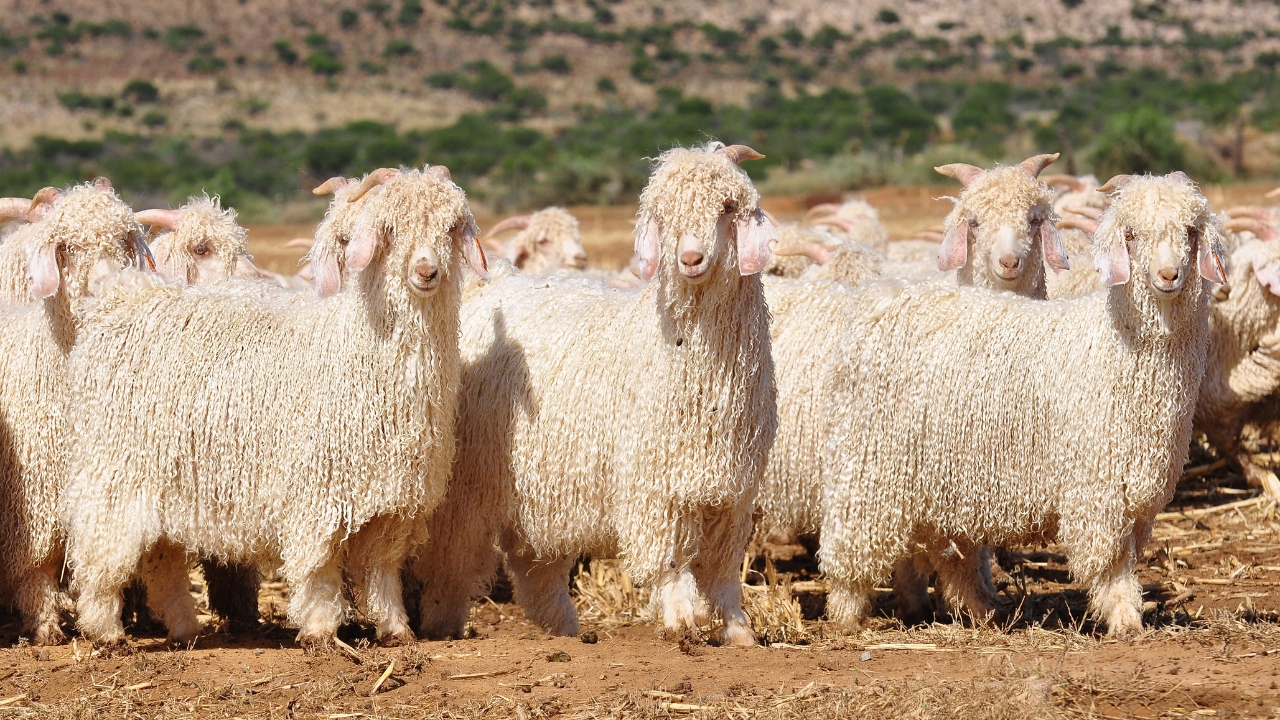
Angora goats are prized for their mohair, but that heavy fiber traps heat. Even with regular shearing, they tend to struggle with Texas temperatures—especially during the long stretches of humid, 100-degree days.
They’re also more susceptible to parasites, which thrive in the warmer months. If you’re not ready to stay on top of worm loads and provide constant shade and airflow, you’ll lose time, money, and likely a few goats.
Large Black Pigs
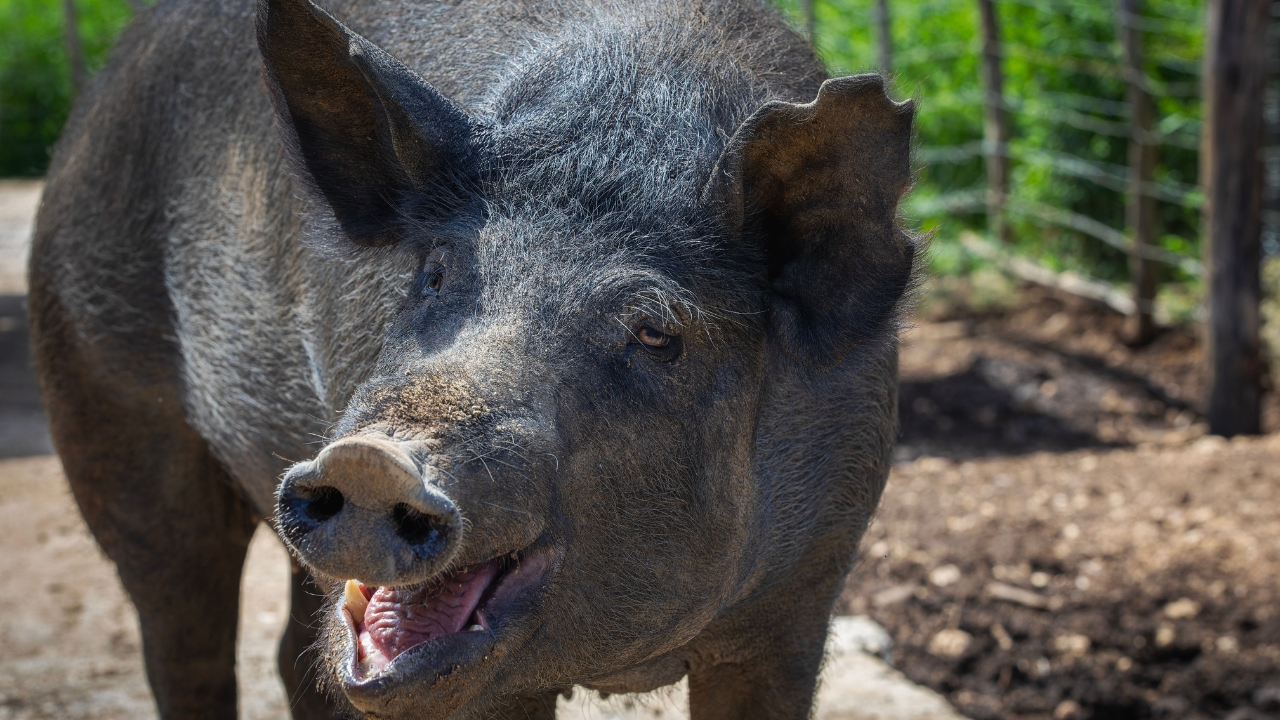
Large Black pigs are docile and great foragers, but their solid black coats soak up heat quickly. Without serious shade and regular mud baths, they’re prone to heat stress and won’t gain weight efficiently.
Their size also works against them in the heat. Bigger pigs already have a harder time regulating body temperature, and in Texas, that’s a recipe for health problems and low productivity.
Icelandic Sheep
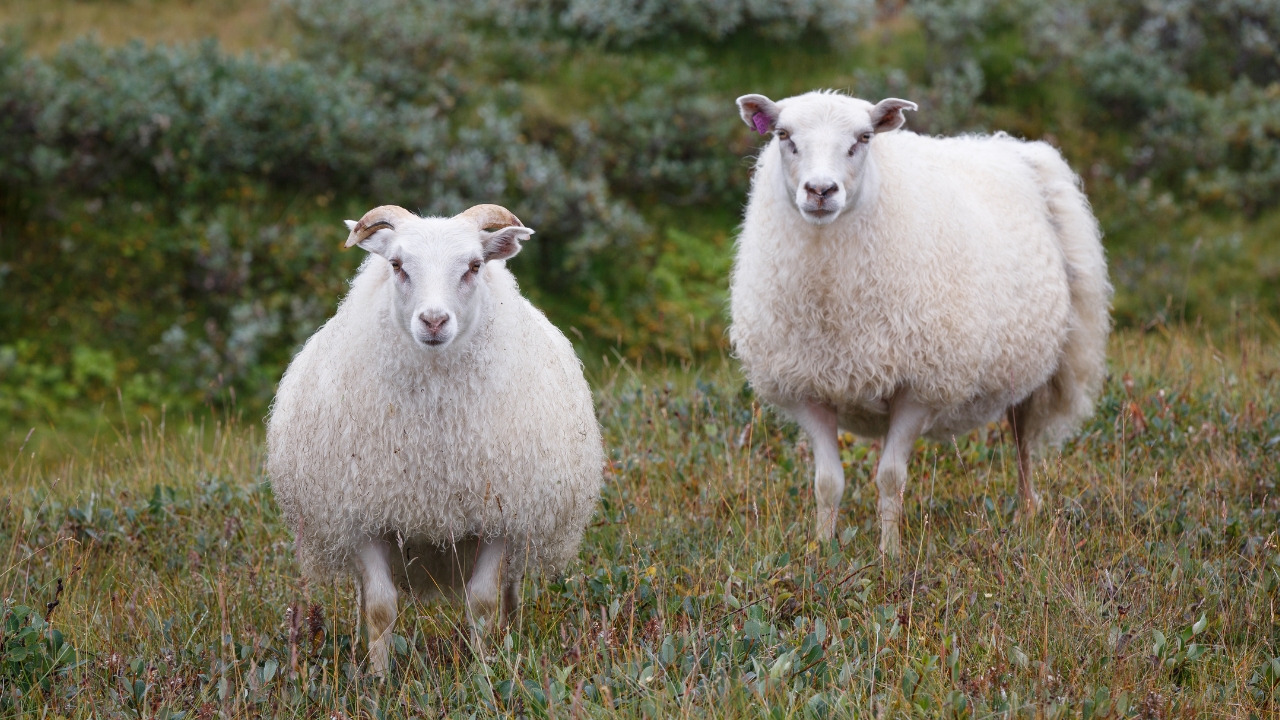
Icelandic sheep are built for cold, rugged terrain—not Texas heat. Their dual coats hold in more warmth than they can safely handle once summer hits. Even with shearing, their insulation works against them in our climate.
They also don’t do well on sparse, dry pasture. These sheep thrive on varied, lush forage, which can be hard to maintain during droughts. You’ll end up spending more on supplements and vet care than they’re worth here.
Jersey Cattle
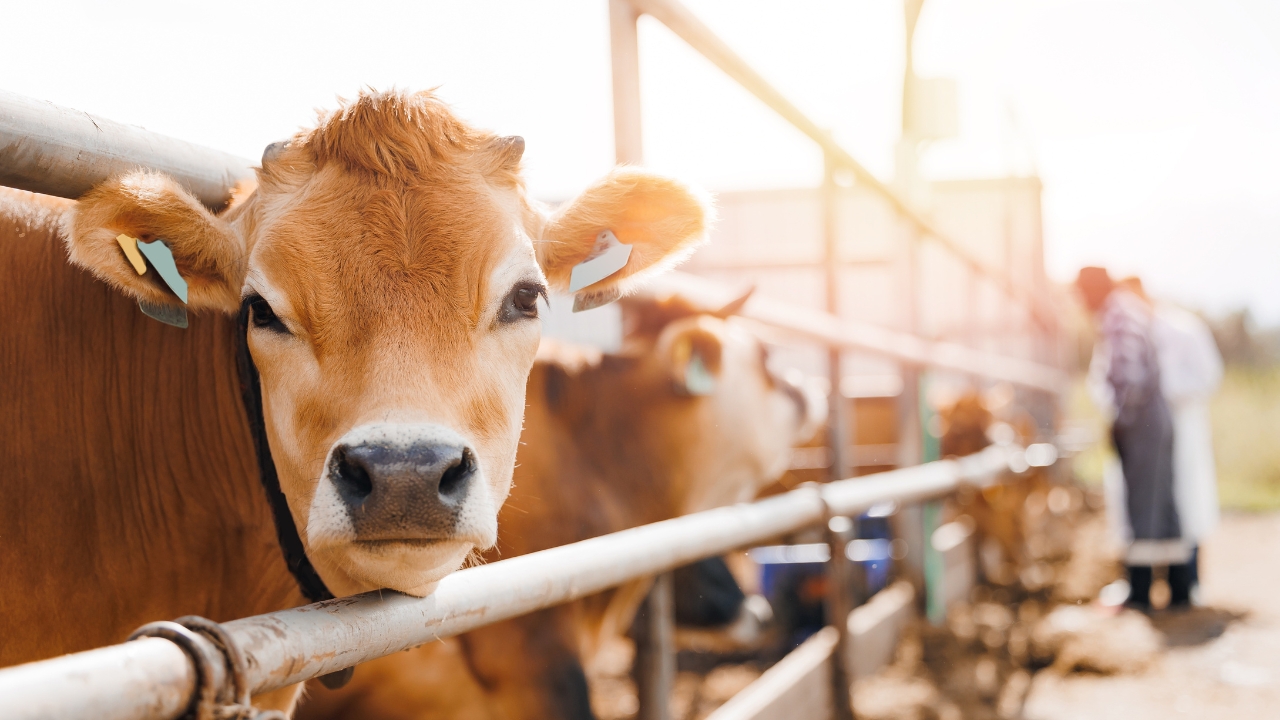
Jerseys are a popular choice for homesteaders, but they don’t handle extreme heat all that well. Their high metabolism, thin skin, and large production demands make them more vulnerable to dehydration and heat exhaustion.
While you can make it work with plenty of shade, fans, and water, they’re more high-maintenance in hot states like Texas. Heartier dairy breeds like Brown Swiss tend to hold up better long-term with less babying.
Silver Fox Rabbits
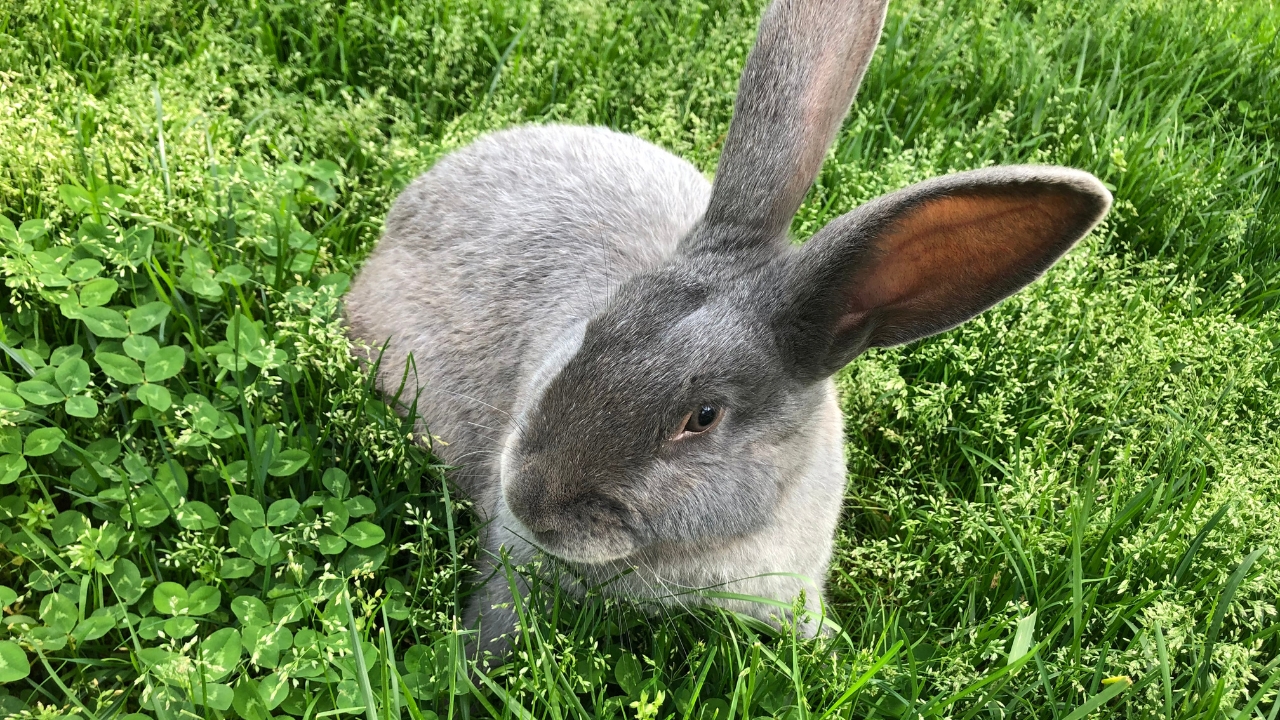
Silver Fox rabbits are bred for meat and fur, but their thick coats don’t handle heat efficiently. Even with shade and airflow, they can suffer in outdoor hutches during the Texas summer.
If you’re raising rabbits outside, you’ll want breeds that tolerate heat better, like Florida Whites or Californians. Otherwise, you’ll be dragging out frozen water bottles every day and hoping they survive the heatwave.
*This article was developed with AI-powered tools and has been carefully reviewed by our editors.




